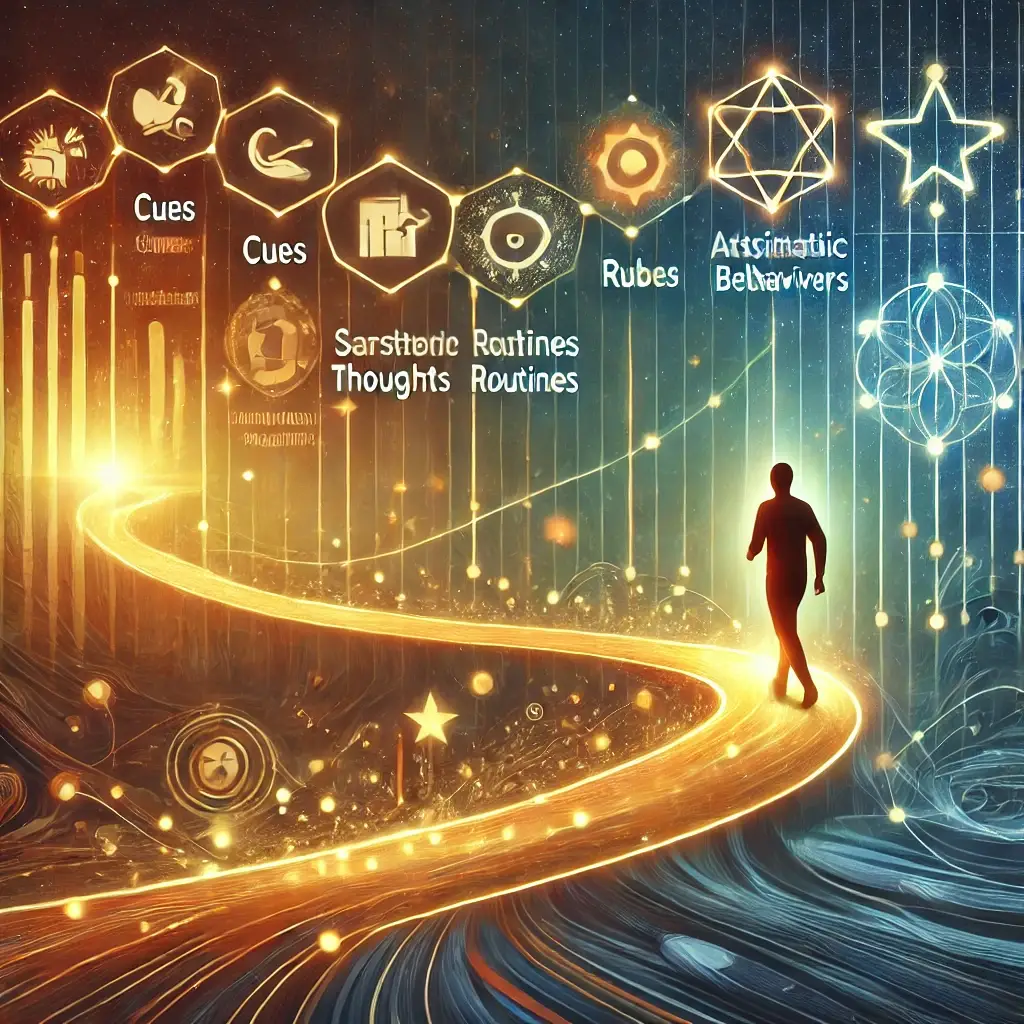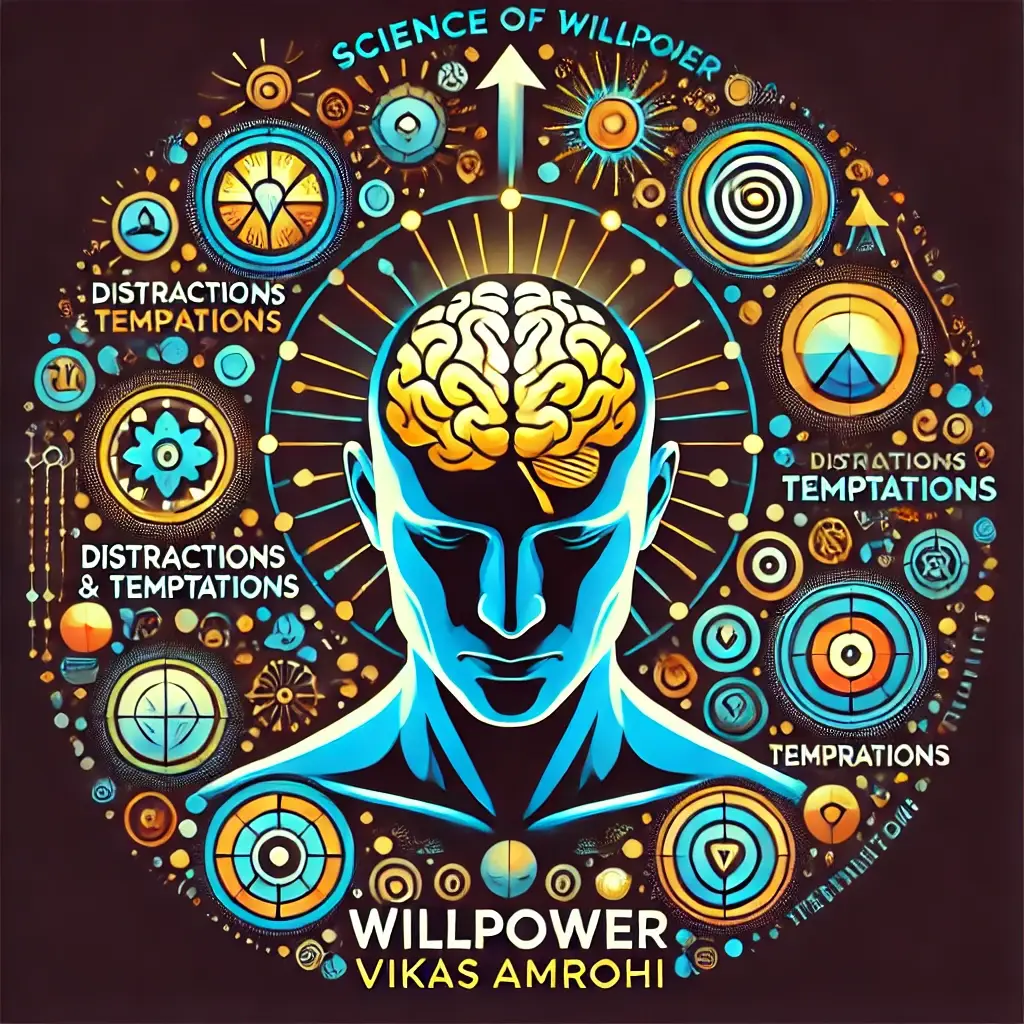Introduction: Success Is Built on Habits Success isn’t the result of one big action—it’s the outcome of small, consistent habits repeated over time. From waking up early to practicing mindfulness, every tiny decision contributes to long-term results. But why do …
Introduction: The Power of Habits Have you ever wondered why some people seem effortlessly productive, disciplined, or fit? The secret isn’t superhuman willpower—it’s habits. The behaviors we repeat daily shape our identity and ultimately determine our success. Whether it’s waking …
Success in life requires a blend of discipline and boldness. Willpower helps you stay focused on long-term goals, while killer instinct empowers you to seize opportunities and act decisively. But achieving the perfect balance between these traits is what truly …
Achieving success in life requires a balance between intuition—acting on gut feelings—and strategy—carefully planning each step. This delicate combination defines the essence of killer instinct, which allows individuals to seize opportunities while staying focused on their goals. In this blog, …
What separates winners from the rest? In many cases, it’s the presence of killer instinct—the ability to make decisive, high-stakes decisions under pressure. Rooted in evolutionary survival mechanisms, killer instinct is about more than aggression; it’s about focus, strategy, and …
Willpower is often celebrated as the key to success, but can too much of it become a problem? While discipline and self-control are essential for achieving goals, overexerting these traits can lead to burnout, rigidity, and even decision paralysis. This …
Willpower is like a muscle—it can be strengthened with practice or fatigued with overuse. Building resilience is the key to maintaining self-control, especially when facing challenges like decision fatigue and ego depletion. In this blog, we’ll explore practical strategies to …
What separates success from failure? Often, it’s not talent or intelligence but willpower—our ability to resist short-term temptations and stay focused on long-term goals. But willpower isn’t infinite. It’s a mental resource that can be depleted over time, influenced by …
Welcome to my series on The Role of Willpower and Killer Instinct in Human Behavior. In this series, we’ll dive deep into how these two powerful traits shape our decisions, resilience, and success. Both willpower and killer instinct play pivotal …
Introduction Generation Z, born between 1997 and 2012, are often called “digital natives” for good reason—they’ve never known a world without the internet or smartphones. As they enter adulthood, their unique characteristics and behaviors are reshaping industries, workplaces, and culture …










